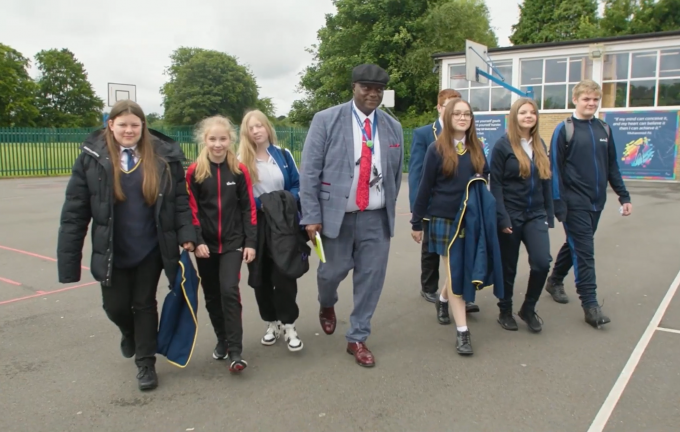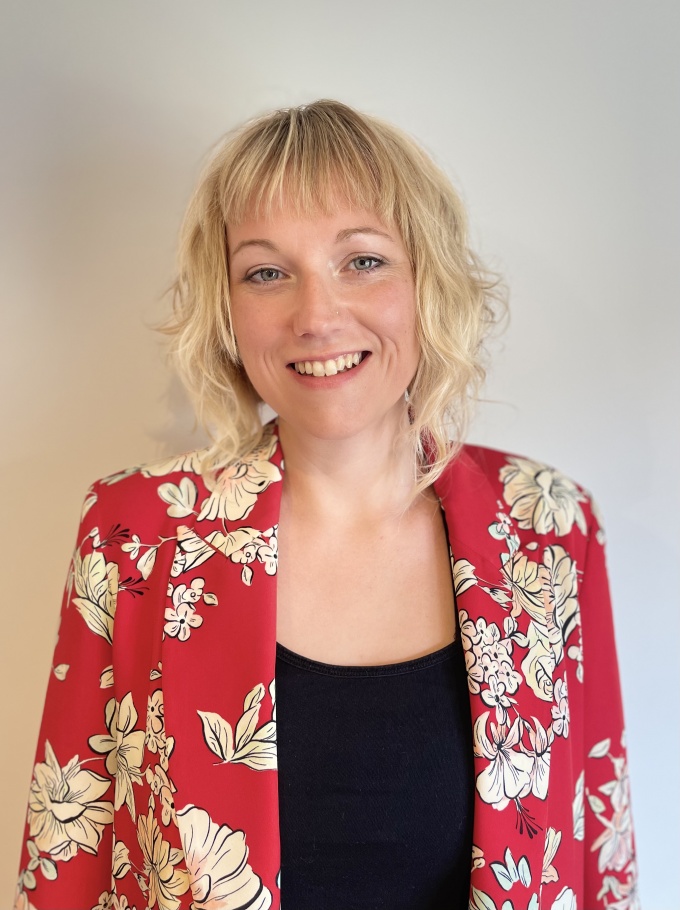How a little understanding of brain development can go a long way.
Throughout our life, experiences continually shape our brains and thanks to brain plasticity, we continue to learn, acquire new skills and form new memories.
There are many reasons why children’s and young people’s behaviour may change as they grow, so having some knowledge of brain development can be useful for educators, to help understand why a child or young person may be behaving in a certain way.
Understanding neuroscience makes an impact.
In a primary setting -
Leaders from Hillary Primary School reflect on how the neuroscience that underpins Thrive training has supported their whole school through enabling a deeper understanding of how and why children behave in a certain way. Jayne Maynard, Thrive Lead said:
“Our understanding of children and how their brains work makes everything run more smoothly. We get places quicker. From an academic point of view we can if we fill those emotional gaps...and they can access the curriculum.”
We also hear from Markaine, a pupil at Hagley Primary School, who now understands how to regulate his emotions and how being able to 'deal with myself and feel better' means he no longer runs away from class.
In an early years setting -
Nursery Plus teacher, Sarah Roberts, reflects on how important the first three years of life are and how building positive relationships in early years settings is vital to a child's emotional development.
We also hear from Lorna Macgougan from West Exe Nursery School who explains the impact Thrive training has had on her professionally. She said
“It all makes so much sense and having all that lovely science to back everything up has been really inspiring.”
In a secondary setting -
Leaders and staff from The Elland Academy reflect on how the neuroscience that underpins Thrive has reengaged pupils with their learning and supported families at home too. Jo Pittard, Executive Principal of Alternative Provision, Delta Academy Trust says:
“Students are able to regulate, settle and trust our staff and reengage successfully with learning.”
We also hear from Victoria Williams from Fortis Academy who explains how the neuroscience that underpins Thrive allows her to better understand what might be happening to a young person and explain this behaviour to others.
Over to you: book your discovery call today
For over 25 years, Thrive has been supporting educators to understand the neuroscience behind children's or young people's behaviour. If you’re seeking calmer classrooms, engaged learners and improved attainment, click here to book a Discovery Call with your regional expert. Designed to fit in around your schedule, these free 30-minute conversations via Teams give you a chance to have your questions answered, decide if our service is a fit for your needs, and discuss in more detail how Thrive training can make a real impact in your setting.
Pass it on
Small actions can lead to a big ripple effect. If you enjoyed this post or found it helpful, please consider supporting us in our mission to help every child and young person feel safe, supported and ready to learn by sharing it using the social media buttons below.
Want to join a like-minded community of senior leaders and classroom staff benefitting from insights and strategies to improve attendance, behaviour and attainment? Add your email address below. (It’s easy to unsubscribe).



_680.jpg)

(1)_680.jpg)
